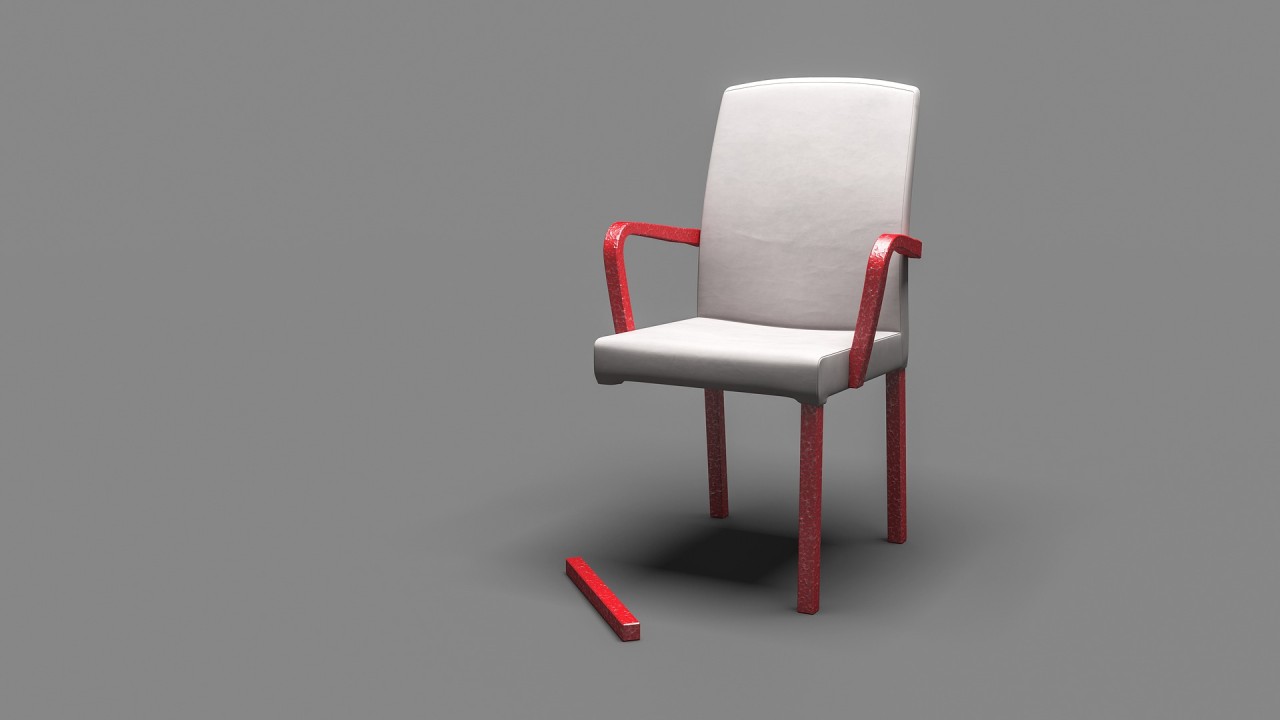When a party lacks standing – a legal interest in a case – that is a jurisdictional defect. Jurisdictional defects are fatal, and cannot be waived, or stipulated to.
But not in Silva v. Humboldt Cnty. (D1d1 Mar. 11, 2021) no. A160161.
Humboldt County voters passed a tax measure on marijuana cultivators back in 2016. The measure allowed the county supervisors to enforce the tax, but not to increase it. As taxes tend to do, however, this tax increased, via amendments passed by the county supervisors. Petitioner sued the county, alleging it had broadened and increased the tax by expanding the tax from "cultivators" to mere property owners where cultivation was permitted.
The trial court ruled for petitioner. The county appealed.
Exhaustion of Remedies doctrine does not apply if there is not a defined remedial process:
The county argued petitioner failed to exhaust remedies. The county argued petitioner should have lodged her objections before the supervisors when it voted to ballot the tax measure.
No dice, says the Court of Appeal. The county's argument might work were the petitioner challenging the underlying tax measure itself. But here, the petitioner was challenging the amendments to the measure. And the county failed to show it provided a mechanism to hear and resolve petitioner's objections.
Another interesting point on exhaustion of remedies: When challenging a tax, generally you are required to seek a refund from the county assessment appeals board first. But you only have to do that if you are challenging the tax as excessive. Here, petitioner challenged the tax as invalid altogether. So there was no exhaustion of remedies requirement.
Standing defects held waived via invited error:
But then the county raised an interesting argument: that petitioner lacked standing. Petitioner had been added to the lawsuit only after it was filed. Beyond that wrinkle, however, the opinion is not clear what exactly the standing defect was. But apparently the parties noticed it early on in the case, and they stipulated that petitioner did have standing, as all parties wanted the trial court to move on and decide the issues.
When those issues were decided against the county, on appeal the county resurrected the standing question.
The First District concluded the county waived any standing defects by stipulating to petitioner's standing:
“The doctrine of waiver ordinarily prevents a party from arguing for the first time on appeal questions that were not presented to the trial court. [Citations.] The doctrine of invited error prevents a party from asserting an alleged error as grounds for reversal when the party through its own conduct induced the commission of the error. [Citations.] Related to these doctrines is the doctrine of theory of trial: ‘Where the parties try the case on the assumption that a cause of action is stated, that certain issues are raised by the pleadings, that a particular issue is controlling, or that other steps affecting the course of the trial are correct, neither party can change this theory for purposes of review on appeal.’ ” ( [County of Los Angeles v. Southern Cal. Edison Co. v. Southern Cal. Edison Co. (2003) 112 Cal.App.4th 1108, 1118] [where a county asked trial court to evaluate documentary-transfer tax, it forfeited argument that “pay first, litigate later” rule applied to taxpayer's challenge].)"
But I am not so sure about this. Standing is a jurisdictional requirement. And when dealing with a jurisdictional objection the party cannot waive it, or stipulate to it, or otherwise be bilked out of it by those nice appellate doctrines routinely trotted out to affirm a judgment. The standing requirement is jurisdictional and the absence of standing constitutes a defect that cannot be waived. (Estate of Bartsch (2011) 193 Cal.App.4th 885, 890.) "Lack of standing negates existence of a cause of action and is not waived by failure to object; it can even be raised for the first time on appeal. " [Citation.]' [Citation.]" (Cummings v. Stanley (2009) 177 Cal.App.4th 493, 501.) Code of Civil Procedure section 367 requires that every action be prosecuted in the name of the real party in interest.
That said, the county having stipulated to standing in hopes of getting a favorable result on the merits, it is hard to avoid the conclusion that gamesmanship motivated the county's about-face after being dealt a loss. But the nature of jurisdictional doctrines is that they are not susceptible to equitable concerns.
Affirmed.
Upshot: Use this published opinion if you need to stipulate around a jurisdictional defect.
Tim Kowal helps trial attorneys and clients win their cases and avoid error on appeal. He co-hosts the Cal. Appellate Law Podcast at www.CALPodcast.com, and publishes a newsletter of appellate tips for trial attorneys at www.tvalaw.com/articles. Contact Tim at tkowal@tvalaw.com or (714) 641-1232.

